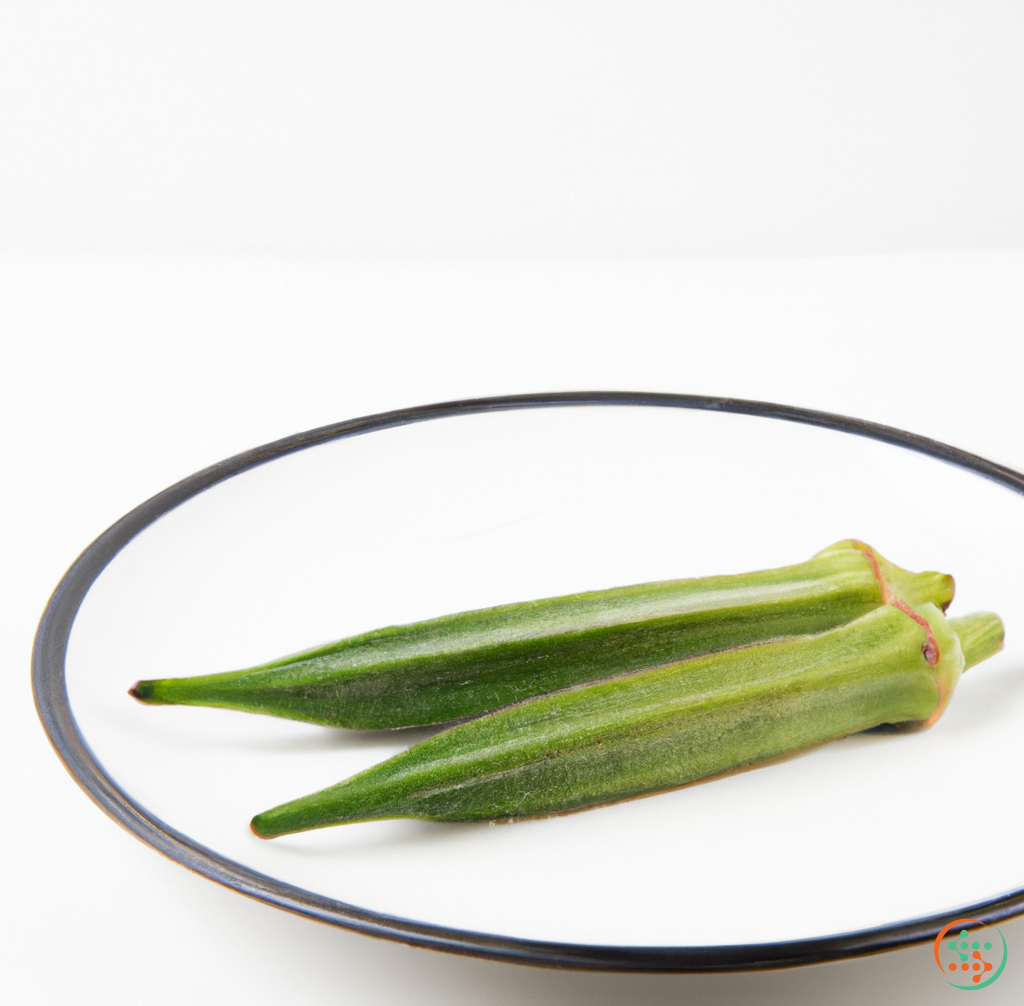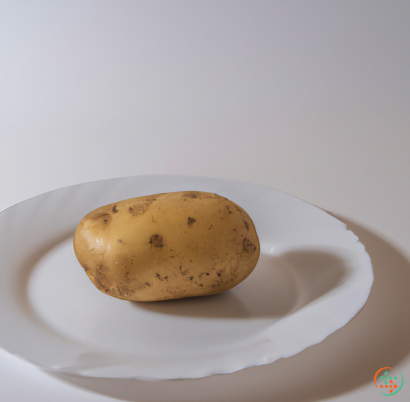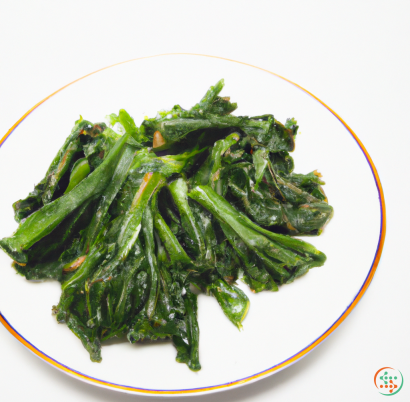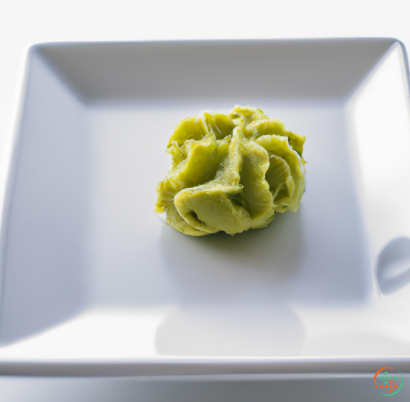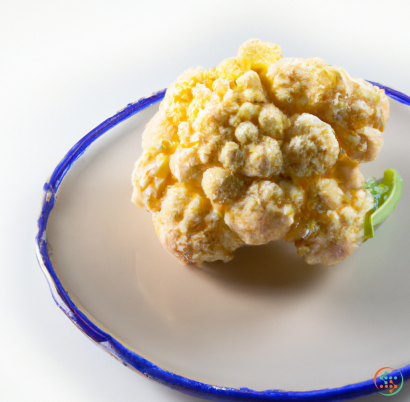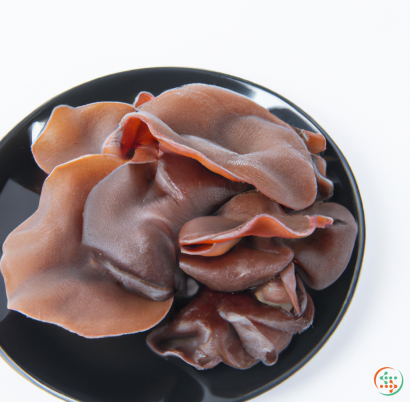Okra
What is Okra?
Okra is a variety of edible green seed pod vegetable from the mallow family, native to Africa and cultivated for thousands of years. It is a key ingredient in many African, Middle Eastern, Indian and Caribbean dishes. Okra is commonly referred to as “ladyfingers” due to its slender, finger-like shape that is usually dusted on before cooking.
Although it may be considered an unassuming vegetable, okra offers a number of amazing benefits that are often overlooked. Not only is okra a delicious treat, but it is packed with essential vitamins, minerals and antioxidants that can help boost your overall health. Here, we explore the different ways that okra can benefit your body.
Okra Nutrition
Okra is a nutrient-packed vegetable. It is a good source of vitamin A, vitamin C, vitamin E, iron, calcium, magnesium and dietary fibre. It is also a good source of antioxidants, which help to protect cells from damage caused by free radicals. It is important to note that for some of these benefits, okra needs to be cooked in order to make it easier to absorb its beneficial compounds.
Okra Health Benefits
One of the most well-known benefits of okra is its ability to lower cholesterol. In a study conducted on laboratory rats, okra extract was found to significantly reduce levels of cholesterol. This is due to the presence of acetogenins, a type of antioxidant that helps prevent the absorption of cholesterol in the gut. Additionally, okra is thought to help regulate blood sugar levels, making it a beneficial food for those with diabetes.
Okra is a great source of dietary fiber and can help to promote digestion and elimination. Its high fiber content helps to keep the digestive tract clean and healthy, which can help to reduce the risk of colon cancer. Fiber also helps the body to absorb more nutrients from the foods we eat, helping to maintain a well-balanced diet.
Okra is also known to be an anti-inflammatory food, thanks to its high content of vitamin C and other antioxidants. Vitamin C has been found to help reduce inflammation in the body, while also boosting the immune system. Additionally, okra is a good source of potassium, which is essential for maintaining healthy blood pressure levels.
How to Incorporate Okra Into Your Diet
Okra is incredibly versatile and can be prepared in a variety of ways. It can be roasted, stewed, stir-fried, boiled, baked or even eaten raw. When preparing okra, it is important to remember to wash it before use to remove any dirt or debris that may be lingering on the vegetable.
Okra can be added to stews, curries and soups for added flavor and texture. It can also be tossed into salads or sautéed with garlic and onions for a tasty side dish. To make the most of its health benefits, try grilling or roasting okra with a sprinkle of olive oil and sea salt to create a flavorful snack.
Final Word
Okra is a nutritious and delicious vegetable, offering numerous health benefits. Its high vitamin and mineral content can help to boost the immune system, reduce inflammation and cholesterol levels, and promote digestion. Adding okra to your diet could be just the thing to give your health a little boost.
Every dinner plate tells a story – and in this case, it’s a tale of an okra’s journey. From the moment it’s planted, to the time it’s harvested, to the day it’s enjoyed by someone’s dinner plate, the journey of an okra offers fascinating insight into the complexities of global agriculture. Farmers, scientists and engineers all play a part in crafting a single okra’s path to the dinner plate.
Let’s take a closer look at the lifecycle of an okra, from seed to fork.
The Journey Begins: The Development of the Okra Seed
As with any plant, an okra’s journey starts with the seed. Developed to create the perfectly conical okras we enjoy today, the development of the okra seed is a unique process.
The first step of okra seed development begins in the lab, where selective breeding is used to create a seed that will yield the desired shape and size. During this process, the okra’s scientific name, Hibiscus esculentus, is determined. From here, the seeds are sent to farmers, who then plant them and begin the long, exciting journey of growing okra.
Cultivation: Planting and Growing Okra
If you’ve ever been near an okra farm you might have noticed that they’re often composed of expansive plots of land which are divided into separate sections, commonly referred to as ‘fields’. Each of these fields is planted with a certain number of okra seeds, typically at a spacing of 5cm to 10 cm apart.
A small amount of fertilizer is added to the soil before and during planting to provide the optimal amount of nutrients for successful okra growth. The okra is then left alone to take its course, with occasional watering and weeding to ensure the optimum balance of nutrients and pest and weed control.
Harvesting: How the Whole Process is Revved-Up
Harvesting is the most crucial stage of the okra’s journey, and it takes precise timing and fine-tuned techniques to make it happen. Generally, okra flowers begin to appear after about four or five weeks of growth. At this stage, a mechanical harvester will vibrate the flower, shaking the seeds to the ground, releasing the okras, which can then be quickly collected into baskets.
At this stage, the harvested okras are relatively hard and somewhat greenish-brown in color. This economic harvesting technique allows the farmers to quickly and efficiently collect large volumes of okras at one time. After harvest, the okras are sorted, inspected and prepared for shipment.
Getting the Okra From Farm to Table: The Science Behind Packaging and Transport
Now that the okra has been harvested, the next step is to package and transport it to the consumer. This process is incredibly complex, as it involves considerations such as the dimensions of the okra, its storage requirements, the number of okra per package and the packaging material itself.
Typically, the okras are placed in cardboard packages which contain foam partitions to protect them from damage during transport. The packages are designed to ensure that moisture absorption of the okra is minimized, ensuring freshness and taste.
Additionally, the packages are designed with an “airlock” system, which helps prevent the growth of fungus or bacteria during prolonged storage. Finally, the okra is frozen to preserve its freshness and taste, prior to the shipment.
The Science of Distribution and Delivery
Once the okra has been packed and frozen, it’s ready to make its way to the consumer. This part of the journey is facilitated by distributors, who are responsible for managing the shipments and ensuring that the okra gets to the right consumer, in the right condition, in the right amount of time.
Typically, each distributor has their own network of refrigerated warehouses, which are specially designed to regulate temperatures and prolong the life of the okra. The okras remain in the warehouses until they are transported to the consumer via trucks, ships or planes.
The Okra Enters the Final Lap of Its Journey: From the Store to your Dinner Plate
Now that you know how the okra is cultivated, harvested, packaged and transported, it’s time for the final leg of its journey – from the store to the consumer.
Typically, grocery stores are fitted with shelves specifically designed for storing okra. As customers wander through the store, they can choose from a variety of shapes, sizes and colors, based on which okra suits their meal plans best.
Once the okra is selected, the customer will then proceed to the checkout, where the okra is scanned, the transaction is completed and the okra is then taken home.
From there, it’s up to the consumer to prepare the okra for their next meal. Most people will choose to grill the okra, fry it or add it to soups, stews or salads. The okra is then served to the consumer’s plate, and enjoyed.
Conclusion
And that’s the journey of an okra – from the lab to the grocery shelf, to the dinner plate. It’s amazing to think of all the steps and processes that are necessary for a single okra to make it from the farm to your plate. It’s a testament to the effectiveness of modern agriculture, and a reminder to all of us of the power of science and technology. But most of all, it’s a reminder to appreciate the effort and care involved in bringing a simple okra from the depths of the earth to our tables.
| Vitamin A | 0.036 mg | |
| Beta-Carotene | 0.416 mg | |
| Alpha-Carotene | 0.027 mg | |
| Vitamin E | 0.27 mg | |
| Vitamin K | 0.0313 mg | |
| Vitamin C | 0.023 grams | |
| Vitamin B1 | 0.2 mg | |
| Vitamin B2 | 0.06 mg | |
| Vitamin B3 | 0.001 grams | |
| Vitamin B4 | 0.0123 grams | |
| Vitamin B5 | 0.25 mg | |
| Vitamin B6 | 0.22 mg | |
| Vitamin B9 | 0.06 mg |
| Calcium | 0.082 grams |
Daily Value 1.3 g
|
| Iron | 0.62 mg |
Daily Value 0.018 g
|
| Magnesium | 0.057 grams |
Daily Value 0.4 g
|
| Phosphorus | 0.061 grams |
Daily Value 1.25 g
|
| Potassium | 0.299 grams |
Daily Value 4.7 g
|
| Sodium | 0.007 grams |
Daily Value 2.3 g
|
| Zinc | 0.58 mg |
Daily Value 0.011 g
|
| Copper | 0.11 mg |
Daily Value 0.9 mg
|
| Manganese | 0.79 mg |
Daily Value 0.0023 g
|
| Selenium | 0.7 ug |
Daily Value 0.055 mg
|
| Tryptophan | 0.017 grams | |
| Threonine | 0.065 grams | |
| Isoleucine | 0.069 grams | |
| Leucine | 0.105 grams | |
| Lysine | 0.081 grams | |
| Methionine | 0.021 grams | |
| Cystine | 0.019 grams | |
| Phenylalanine | 0.065 grams | |
| Tyrosine | 0.087 grams | |
| Valine | 0.091 grams | |
| Arginine | 0.084 grams | |
| Histidine | 0.031 grams | |
| Alanine | 0.073 grams | |
| Aspartic Acid | 0.145 grams | |
| Glutamic Acid | 0.271 grams | |
| Glycine | 0.044 grams | |
| Proline | 0.045 grams | |
| Serine | 0.044 grams |
| Glucose | 0.32 grams |
|
| Fructose | 0.57 grams |
|
| Sucrose | 0.6 grams |
|
| Total Sugars | 1.5 grams |
per 100g
|
| Palmitic acid (16:0) | 0.02 grams |
|
| Total Saturated fatty acids: | 0.02 g | |
| Oleic acid (18:1) | 0.02 grams |
|
| Total Monounsaturated fatty acids: | 0.02 g | |
| Linoleic acid (18:2) | 0.03 grams |
|
| Total Polyunsaturated fatty acids: | 0.03 g | |
| Phytosterols | 0.02 grams |
|
| Total Sterols: | 0.02 g | |
